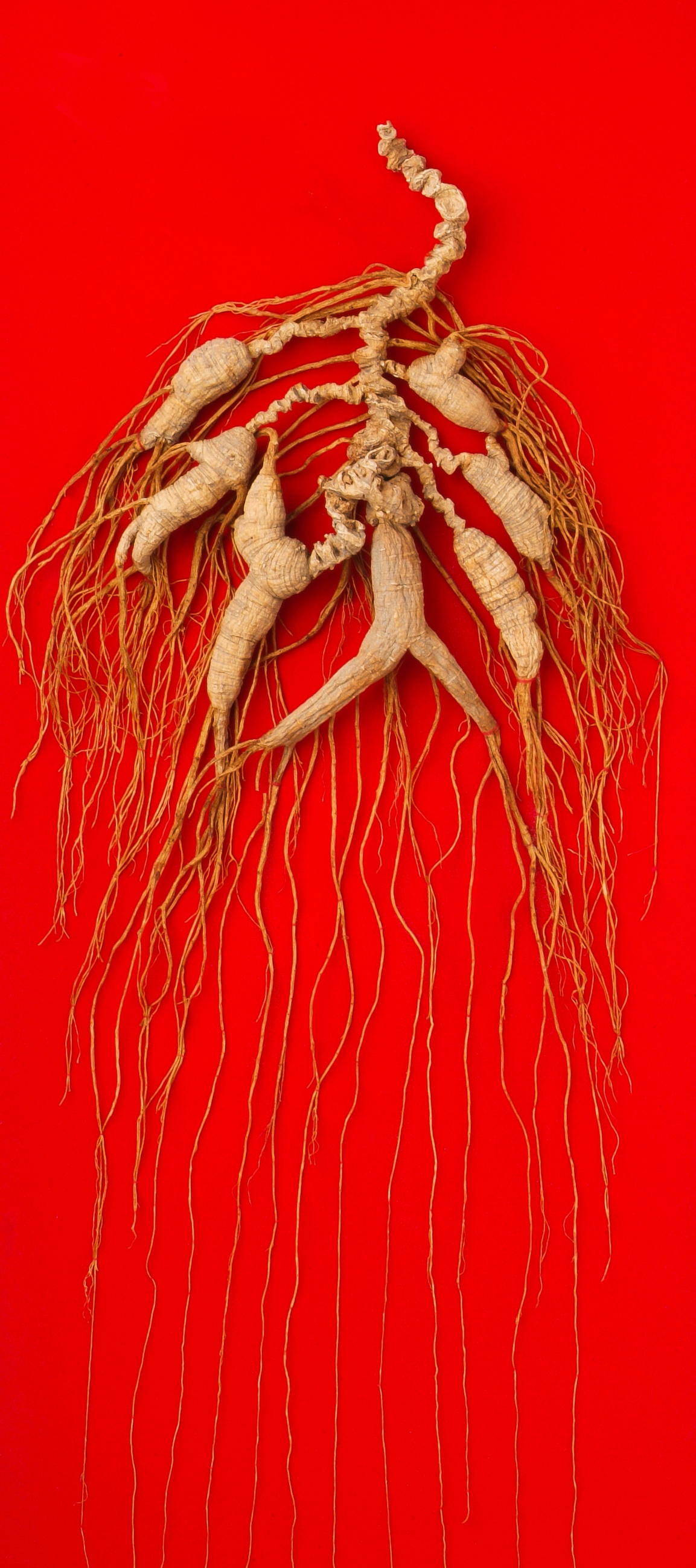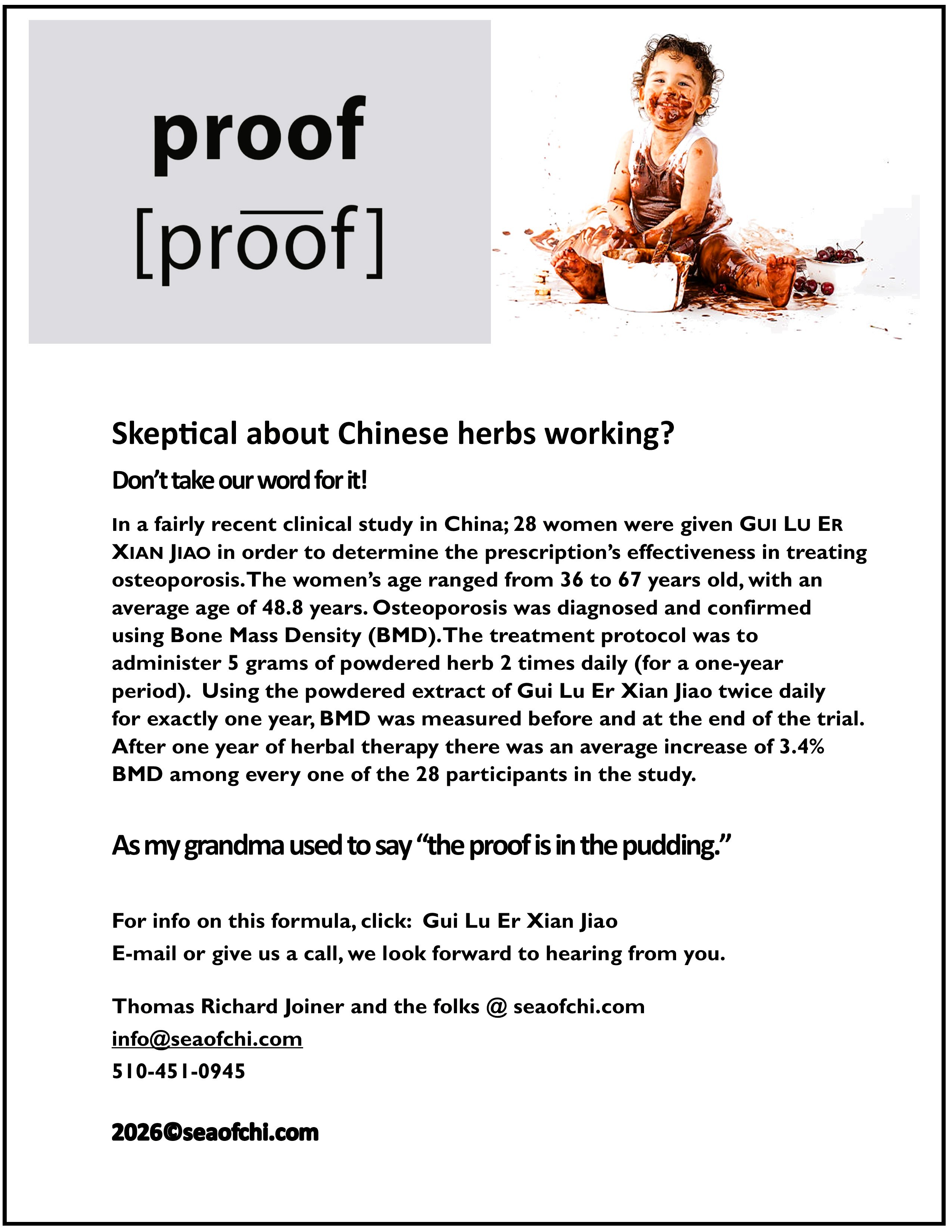Shopping Cart
0 item(s) - $0.00Ginseng Roots—Ren Shen

Listen what our customers are saying:
- Le Nguyen says… Absolutely the best Korean ginseng roots I have ever had the pleasure of tasting.
- Francis Shane says... We made a medicine wine using 4 of these roots, poured in 1.75 liters of brandy added sugar then aged it for 3 years. We cracked the bottle last night to celebrate my 50th birthday. It was absolutely wonderful, smooth, potent, and actually reminds me of a fine liqueur. Can't wait to taste it again!
- James Jackson says… These roots are beyond amazing! Wow - this is some wonderful cultivated ginseng - Heaven's Grade - truly good quality. Its effects are very calming which for me since I work long hours as a physician is indeed helpful. Very metaphysical this batch is! I thank you again! Dr. James Jackson, DO Primary Care Medicine Indiana
- Judith Haines says… Finally, I’ve tasted top-of-the-line Korean Ren Shen – enchanting.
- Sandie Tyrone says… The cost of this Korean ginseng is very high, so I decided to buy one root and see what it was all about. I aged it in a fifth of vodka with some honey to sweeten it, and "patiently" waited for one year, and then I drank a shot glass full. Holy Cow... it curled my toes, I swear it did. Next time I'm going for the whole pound.
- David Fraser says… As soon as I cut the bag open, the sweet smell of Ginseng filled the air. I started with a half of piece to see how it interacted with a couple of pills I’ve taken for years. Up to two to three pieces, depending on their size, absolutely great. Very relaxing and producing the energy I had wanted. I'm afraid you hooked this fish for life.
- Laura Doonley says… This sliced Chinese Jilin has such a nice sweetness. I soak a few slices in my mouth then chew them like gum, throughout the day, keeps me energized. LOVE IT!
- Nadea K. says…I've been told so many times, don't buy American ginseng, get the stronger Korean ginseng -- OK -- but l wanted to try the American first to see how it compares. So I purchased a Chinese ginseng cooker and steamed 6 of these roots for 24 hours. I ended up with some very strong ginseng tea and 6 very cooked (to the point of falling apart) roots, which you told me to eat so I did. Not the best tasting root, but I swear to God, it had such power -- in every bite as I chewed, I could feel the ginseng's power oozing out into my mouth. What good ginseng, how can Korean be any better than this?
Ginseng is the Emperor of all Tonic Herbs | What All Ginseng Users Need To Know
人参为百草之王 | 所有人参使用者都需要知道的
Throughout the histories of both Eastern and Western Herbology, never has there been a plant held in higher esteem or assigned greater monetary value than the herb Ginseng. In ancient China, Ren Shen (the Chinese name for Ginseng) was so highly regarded that wild Ginseng roots were considered more valuable than gold. In fact, due to the exorbitant prices that the highly prized herb commanded, more often its use was limited to noblemen, Emperors, and residents of the Imperial Court. These members of the Chinese elite only consumed Ginseng of the highest quality in their effort to maintain the stamina that was needed to practice the martial arts, increase longevity, and service their numerous concubines.Due to stringent environmental conditions and a minimal seven years that is required for maturation, it was fairly common for Ginseng to be in short supply and armed conflict could not be ruled out in an effort to procure the much sought after perennial herb. In modern times, the use of Ginseng by Asian military groups such as the Vietnamese and Chinese armies to strengthen and extend the endurance of their troops not only increased Ginsengs value, it further increased it’s already legendary reputation. According to historians, although Ginseng has been used in China as far back 2000-3000 B.C.; written records describing its pharmacological actions did not appear until approximately 200 B.C., with the publication of Emperor Shen Nong’s herbal classic Ben Cao Jing. Even though Ginseng’s reputation was well-established throughout China and other parts of Asia, it was virtually unheard of in the West until the late seventeenth century when it was first introduced by Jesuit priests who learned about the legendary herb during their missionary effort to spread Christianity throughout China. As reports about the herbal panaceas curative abilities spread among non-Asians, Ginsengs popularity steadily increased. Unfortunately, due to over cropping, deforestation and encroachment, dwindling supplies of wild Ginseng fell short of Western demands. As a consequence, not unlike the situation in Imperial China – the high price of the coveted root made it unaffordable for all except those of substantial means. It was not until 1949 following the Chinese revolution that China’s Chairman Mao Tse Tung declared Ginseng a national treasure and encouraged its cultivation for commercial use. That proclamation was the cornerstone to establishing China’s lucrative Ginseng industry.Today Ginseng is one of China’s most important export items. Unlike in centuries past, agricultural advancements and widespread cultivation has not only made it readily available for Western importers, commercial production of the highly prized herb has also made it plentiful enough to satisfy the demands of the estimated 40-60% of the adult population of China who according to recent statistics, use it in one form or another on a regular basis. The two main sources for Asian Ginseng are Hong Kong and Seoul Korea. Hong Kong has been the main distribution point for exporting Chinese Ginseng to the rest of the world for more than half a century, while its Korean counterpart, Seoul is the central marketplace for billions of dollars of Korean Ginseng that is primarily grown for exportation to Western markets.Enormous sums of money have been spent on Ginseng since it became available here in the West more than sixty years ago. However, due to their longer history of using the celebrated herb, Asian consumers are far more knowledgeable than their Western counterparts when it comes to the finer points of the Ginseng trade. This lack of insight into quality issues such as age, origin, whether it is cultivated or grown wild, etc. are the primary reasons that the famed root has fallen short of the expectations of a large percentage of Westerners who have tried the highly touted herb, and is without a doubt the greatest deterrent to Western users experiencing the powerful effects that Ginseng is famous for.
The basic guidelines that follow should make a significant difference in one’s ability to procure the high quality roots that have made Ginseng so famous. We are convinced that it is the “missing link” that will assist all true seekers in their search for the magical root and put to rest any doubt about Ginsengs efficacy and demonstrate once and for all why it has inspired widespread use by Asians for thousands of years and is rightfully considered the Emperor of all tonic herbs! If you'd like to read more on this subject, use the following link: http://seaofchi.com/Literature-304?product_id=3777
Below are links to several pages that offer you the chance to purchase high quality ginseng. Enjoy the read!
Refine Search

All Rights Reserved | © Sea of Chi 2026 | Web Design Company - DreamCo Design
The statements made have not been evaluated by FDA. Our products are not intended to diagnose, treat, cure or prevent any disease.




